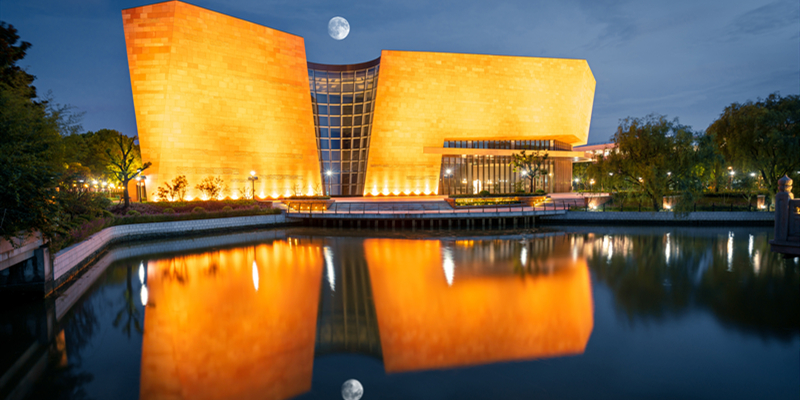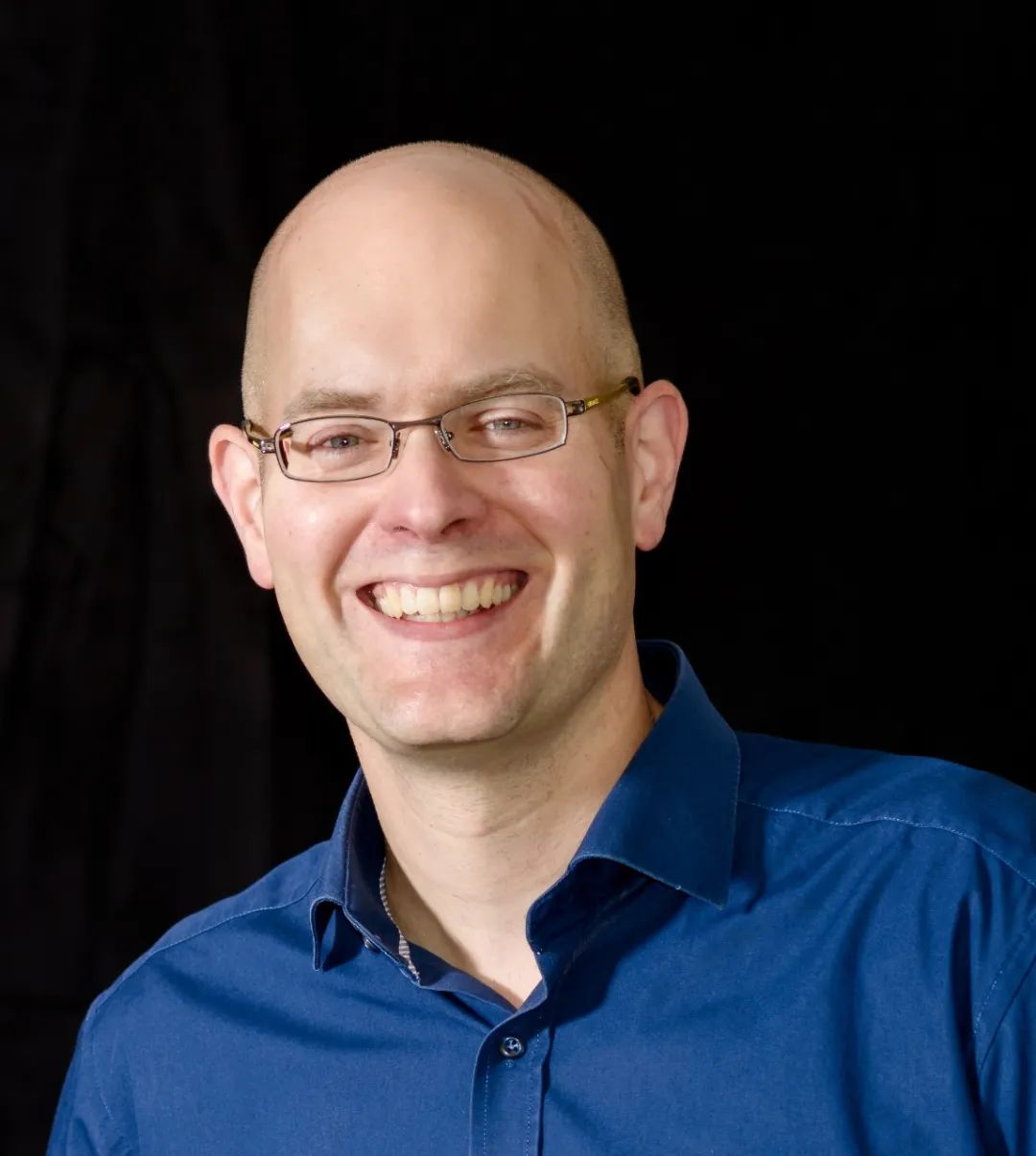

报告时间 / Time
2024年11月7日 15:00-16:30, Nov 7, 2024
报告地点 / Location
致远学院光彪楼一楼报告厅
200 Lecture Hall, Zhiyuan College
报告语言 / Language
英文English
报告嘉宾 / Invited Speaker

Frank Glorius
德意志科学院院士
欧洲人文和自然科学院院士
嘉宾简介
Guest Introduction
Frank Glorius is a professor at the University of Muenster. He is a member of the German National Academy of Sciences, and the Academia Europaea, his research interests span multiple areas in the field of chemistry, including N-heterocyclic carbene chemistry, the development of novel screening strategy, visible-light catalysis, chemical biology, and AI-driven synthetic science. He has published over 400 papers in journals such as Nature and Science. Frank has received numerous awards, including OMCOS Award (2011), Leibniz Prize (2013), Mukaiyama Award (2017), ACS Cope Scholar Award (2018), Otto Roelen Medal (2020), and Otto Bayer Award (2022). He has also received ERC grants three times (2010, 2017, and 2023) and has been listed as a Highly Cited Researcher by Clarivate Analytics for ten consecutive years. Over the past 20+ years of his academic and teaching career, Frank has trained 95 PhD students and 54 postdoctoral researchers, 44 of whom hold faculty positions at various research institutes and universities worldwide. This includes many top research institutions in China, such as SJTU, FDU, ZJU, NJU, USTC, WHU, SCU, NKU, SYSU, ShanghaiTech, CDU, SHU, ICCAS, SIOC, and SIAT.
Frank Glorius, 德国明斯特大学教授,德意志科学院院士,欧洲人文和自然科学院院士。他的研究兴趣涵盖了化学领域的多个方向,包括涉及氮杂环卡宾的合成化学与表界面化学、新型筛选技术的开发、可见光催化、化学生物学以及人工智能驱动的合成科学等,先后在Nature、Science等期刊发表学术论文四百余篇。Frank获得过众多奖项,包括OMCOS award(2011年)、莱布尼茨奖(2013年)、Mukaiyama award(2017年)、ACS Cope scholar award(2018年)、Otto-Roelen-Medal(2020)、Otto Bayer Award (2022年)、三次ERC资助(2010、2017和2023年),并连续十年入选科睿唯安高被引科学家。在过去二十余年的学术以及教学生涯中,Frank培养了95位博士生以及54位博士后,其中44位在全球多个研究所和大学担任教职,包括多所位于中国的研究机构,例如上海交通大学、复旦大学、 浙江大学、南京大学、中国科学技术大学、武汉大学、四川大学、南开大学、中山大学、上海科技大学、成都大学、上海大学、中科院化学所、中科院有机所以及中科院深圳先进技术研究院等。
讲座摘要
Abstract
Catalysis is a key technology, since it allows for increased levels of selectivity and efficacy of chemical transformations. While significant progress can be made by rational design or engineered step-by-step improvements, many pressing challenges in the field require the discovery of new and formerly unexpected results. Arguably, the question “How to discover?” is at the heart of the scientific process. In this talk, (smart)screening strategies for accelerated discovery and improved reproducibility will be presented, machine learning for chemistry will be discussed, together with new photocatalytic transformations. In addition, two other exciting areas will be addressed briefly: N-Heterocyclic Carbenes (NHCs) on surfaces and imidazolium-based lipid analogs for integrating into biological membranes.









